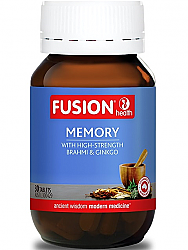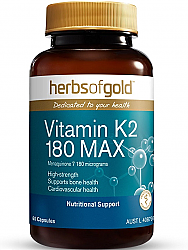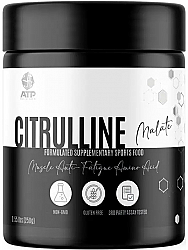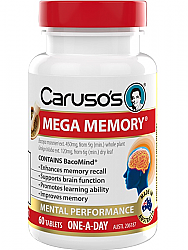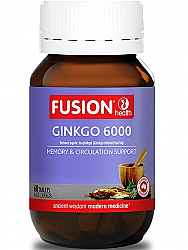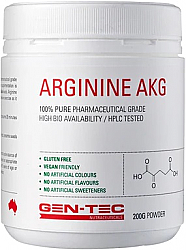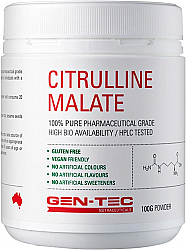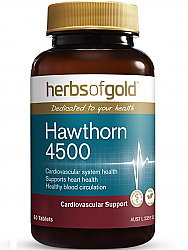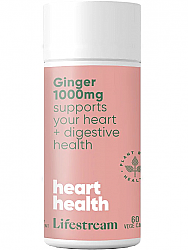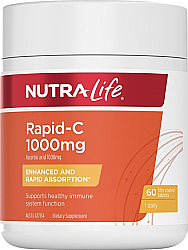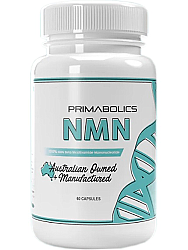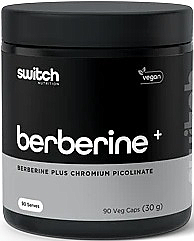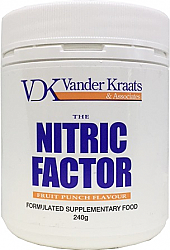Supplements for Poor Circulation
-
Price 0
-
Brand 0
-
Category
- Circulation Supplements (13)
- Energy Supplements (68)
- Digestive Health (52)
- Immune Boosters (51)
- Stress, Anxiety & Sleep (48)
- Arthritis & Joint Support (44)
- Antioxidant Supplements (43)
- Heart Health (32)
- Womens Health (32)
- Cold and Flu (31)
- Detoxification (29)
- Minerals (28)
- Mens Health (27)
- Memory and Concentration (24)
- Magnesium (24)
- Bloating / Abdominal Fullness (24)
- Liver Health (23)
- Anti-Inflammatory Supplements (23)
- Male Support (22)
- Cramps & Spasms (20)
- Skin Supplements (20)
- Bone Health (20)
- Constipation (19)
- Spirulina, Greens & Reds (19)
- Nutra-Life Promo Products (19)
- Libido Supplements (18)
- Hair Skin and Nail Supplements (18)
- PMS Supplements (17)
- Antiviral Supplements (17)
- Irritable Bowel Syndrome (IBS) (17)
- Vitamins (17)
- Multivitamin and Mineral (16)
- Reflux Indigestion (14)
- Sexual Health & Libido (14)
- Cold Sores (13)
- Flatuence (13)
- Liver Tonic (12)
- Probiotics (11)
- Allergy Supplements (10)
- Leg Circulation Vitamins (10)
- UTI Supplements (9)
- Alkalising Supplements (9)
- Co Enzyme Q10 Supplements (9)
- Superfood Powder (9)
- Vitamins for Circulation (9)
- Digestive Enzymes (9)
- Barley Grass Powder (8)
- Headaches (8)
- Vitamin C (8)
- Sinusitis Supplements (7)
- Essential Fatty Acid (7)
- Coq10 (7)
- Curcumin Supplements (7)
- Blood Sugar Control (6)
- Calcium (6)
- Zinc (6)
- Vitamin B Complex (6)
- Kidney Health (5)
- Maxs Muscle Up Challenge 2018 (5)
- Menopause Supplements (5)
- Vitamin B12 (5)
- Carbohydrates (5)
- Omega 3 Fish Oil (5)
- Hay Fever Supplements (5)
- Chlorophyll Supplements (5)
- Glucosamine Chondroitin (5)
- Turmeric Supplements (5)
- Fish Oil (5)
- Eczema Supplements (5)
- Thyroid Supplements (5)
- Dermatitis Supplements (5)
- Acne Supplements (5)
- Motion Sickness Supplements (4)
- MSM Supplements (4)
- Milk Thistle (4)
- Varicose Veins Supplements (4)
- Organic Spirulina Powder (4)
- Prostate Health (4)
- Hypothyroidism Supplements (4)
- Hot Flashes (4)
- Health Supplements (4)
- Bladder Supplements (4)
- Folate (4)
- Fibre Supplements (4)
- Childrens Health (4)
- Glucosamine Chondroitin & MSM (4)
- Herbal Menopause Supplements (4)
- Fibre Powder (3)
- Soluble Fibre (3)
- Maxines Shape-Up Challenge 2018 (3)
- Cranberry Supplement (3)
- Chromium (3)
- Chlorella Supplement (3)
- Breastfeeding Supplements (3)
- Vitamin D (3)
- Pregnancy Vitamins (3)
- Eye Care (3)
- For Constipation (3)
- Green Tea Supplements (3)
- MCT Oils (3)
- Nausea Supplements (3)
- ZMA Supplements (3)
- Odourless Fish Oil (3)
- Mens Multivitamins (2)
- Biotin Supplements (2)
- Blue Green Algae Spirluna (2)
- Iron (2)
- Vitamin B6 (2)
- Vitamin B3 (2)
- Insoluble Fibre (2)
- Herb of Gold (2)
- Diuretics (2)
- Folic Acid (1)
- Bilberry Supplements (1)
- Nutra-Life (1)
- Grape Seed Extract (1)
- Krill Oil (1)
- Vitamin E (1)
- Evening Primrose Oil (1)
- Iodine (1)
- Estrogen Blockers (1)
- Vitamin B5 (1)
- Colostrum (1)
- Vitamin B2 (1)
- Celery Supplements (1)
- Vitamin B1 (1)
- Selenium (1)
- Potassium (1)
- Ubiquinol (1)
- Aged Garlic (1)
- Chlorophyll Powder (1)
- Show more [+]
About Supplements for Poor Circulation
The circulatory system is a complex network of hollow vessels spread throughout the entire body. With the driving force of the heart, the circulatory system distributes blood to the cells of the body. Blood carries important nutrients, cells and other factors to the tissues of the body, such as immune cells, oxygen, glucose and amino acids. This process ensures that the countless cellular functions needed to be undertaken every second of every day, including repairing damaged tissue and fighting infections, can proceed.
Many issues can occur within the circulatory system, such as the blood vessels becomming too constricted or narrow. This may be caused by smooth muscle contraction or plaque build up. Sometimes, blood clots can form, which also restricts the flow of nutrient rich blood. Unlike th water pipes of our home, which can become blocked or damaged, the human circulatory system contains valves in some areas that aim to keep the blood flowing in one direction.
Some common conditions that affect the circulatory system are vasoconstriction, spider veins and varicosities (bulging) and blood clots. Many herbal medicines and nutrients can be used to assist with the management of circulatory conditions. For instance, when the blood vessels are too narrow due to vasoconstriction, blood vessels may be “opened up” or dilated with the use of nitric oxide enhancers.
Nitric oxide is a gas naturally produced in the endothelium of the blood vessel. It signals the smooth muscles that surrounds a blood vessel to relax, allowing the blood vessel to open up, allowing a greater volume of blood to flow. This can be compared to releasing a garden hose that you are pinching between thumb and forefinger. Often, nitric oxide boosting products are taken to assist with the management of high blood pressure and even to enhance nutrient delivery and muscle pumps during exercise. Naturally, as a blood vessel dilates, the pressure reduces. One of the best nutrients to support Nitric Oxide synthesis is Citrulline Malate, though Arginine or Arginine AKG may also be used.
A scientific study published in Biochemical and Biophysical Research in 2014 indicated that when taken together, arginine and citrulline bolster nitric oxide synthesis and increase circulation to the peripheries. This is not surprising given the therapeutic potential of nitric oxide (NO). Natural nitrates found in food are another method for increasing NO synthesis, which occurs by an alternative pathway to the citrulline/arginine route. The best dietary sources of nitrates are beetroot and spinach.
Ginkgo Biloba is a popular remedy for poor cerebral circulation. Increasing circulation to the brain may assist with nutrient delivery and improve the health of the neurons, supporting focus and memory. In fact, Brahmi has also been shown to support cerebral circulation by mediating cerebral vasodilation, as reported in the Annals of Neurosciences in 2017. Hawthorn supports the contractile ability of the heart, may decrease blood pressure and improve vascular health. Ginger is also great for improving blood vessel dilation and the delivery of blood to tissues. Cold hands and feet can be a sign that blood flow to the extremities may be limited.







